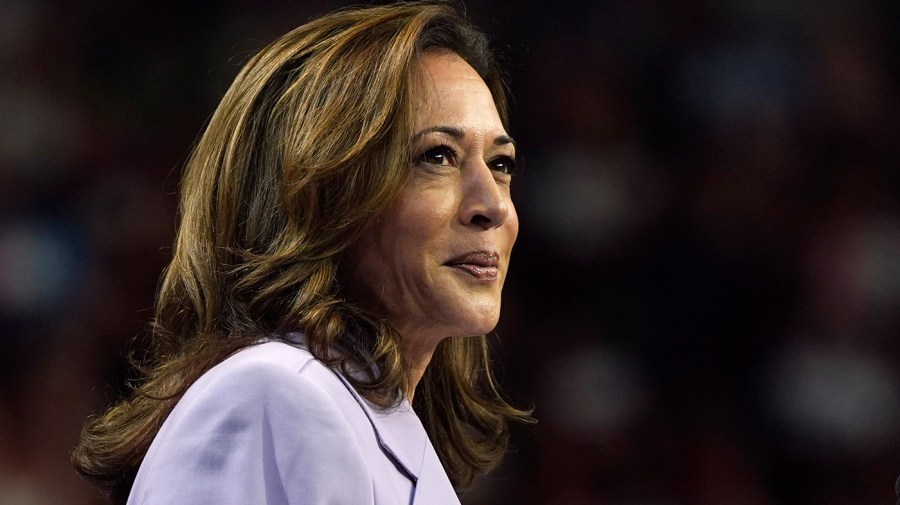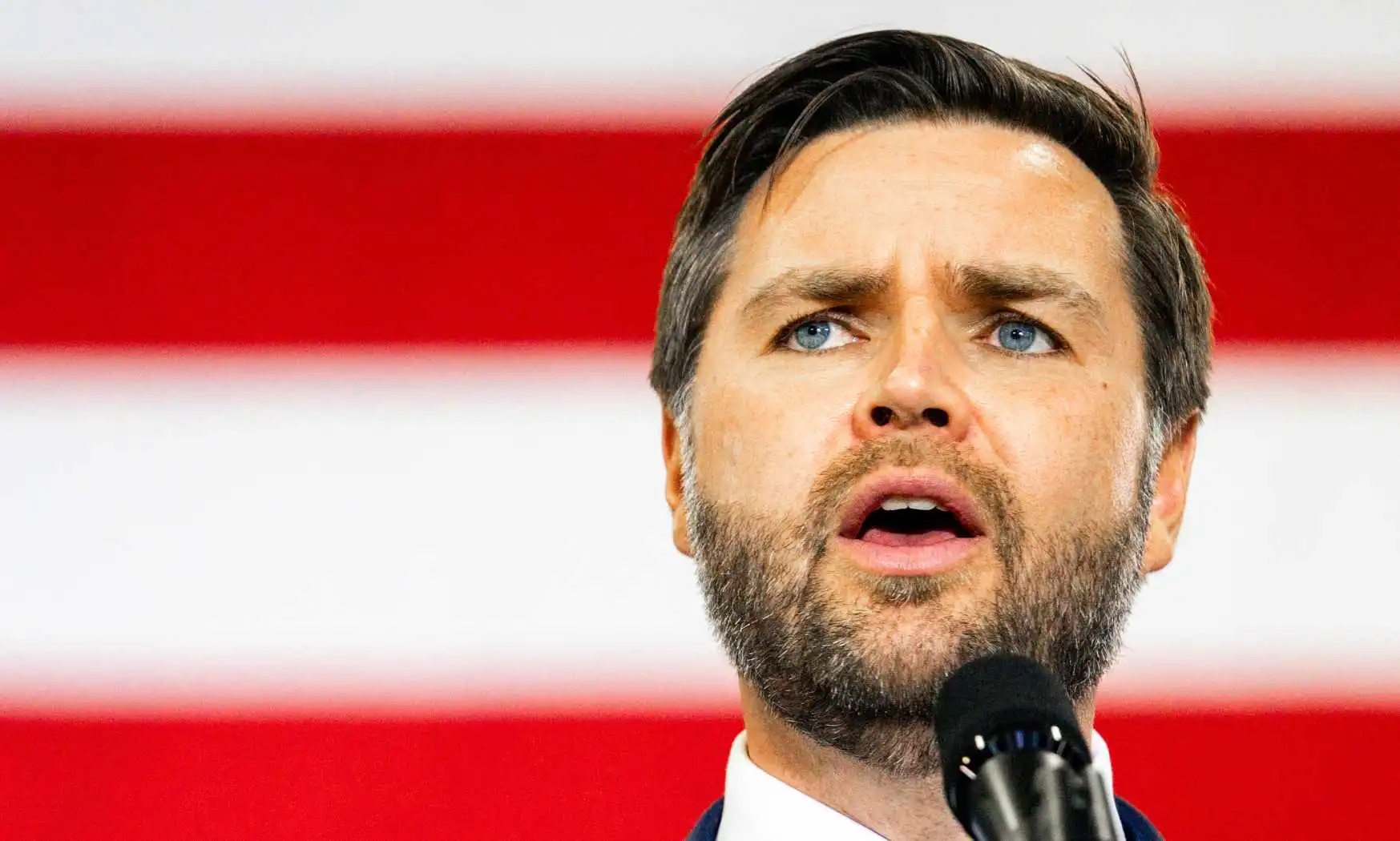The chief secretary to the Treasury has claimed the UK is still suffering from the trauma of Liz Truss’s economic mismanagement amid market jitters after this week’s budget.
Darren Jones insisted “we are in a very different world” from the market panic that followed Truss’s mini-budget two years ago, despite a slight rise in government borrowing costs and a drop in the value of the pound in the past 48 hours.
“I think we’ve all got PTSD from Liz Truss,” Jones told Sky News.
He said: “Under Liz Truss they sacked the permanent secretary [to the Treasury], they ignored the independent Office Budget Responsibility, they announced £45bn of unfunded tax cuts and said they were only just getting started. And then the market went mad, and we all know what happened then.”
Jones added: “[It is] completely different in contrast to now. We’ve got verified reports from the independent Office for Budget Responsibility that say we meet our fiscal rules earlier than had been planned, that those tough fiscal rules means there is a fiscal consolidation and a strong approach to public spending.”
Asked about the market response to the budget, he said: “There’s a lot of new information about the economy and the nation’s finances presented to parliament, and it’s normal for markets to respond.”
But he added: “I understand why you asked the question, because everybody suffered as a consequence of the way the Conservatives managed the economy.”
Jones also defended the government paying £950 a day to a new value for money chair David Goldstone.
Asked by LBC about Goldstone’s salary as the head of the Office for Value for Money (OVFM), Jones said: “The rate of return for the improvements that we will make from looking at these areas of spending will be far, far greater.”
He added: “It is right that we pay people for their time. We can’t expect people to work for free. That is an important way in which we do things in this country. Actually, the day rate for David is, on a benchmark basis, competitive.”
Goldstone is also a non-executive director of the Submarine Delivery Agency and HS2 Ltd, and was previously chief executive of parliament’s Restoration and Renewal Delivery Authority, as well as working as chief operating officer at the Ministry of Defence.
He oversaw the government’s £9.3bn investment for the 2012 Olympics, including the Olympic Park venues and infrastructure.









